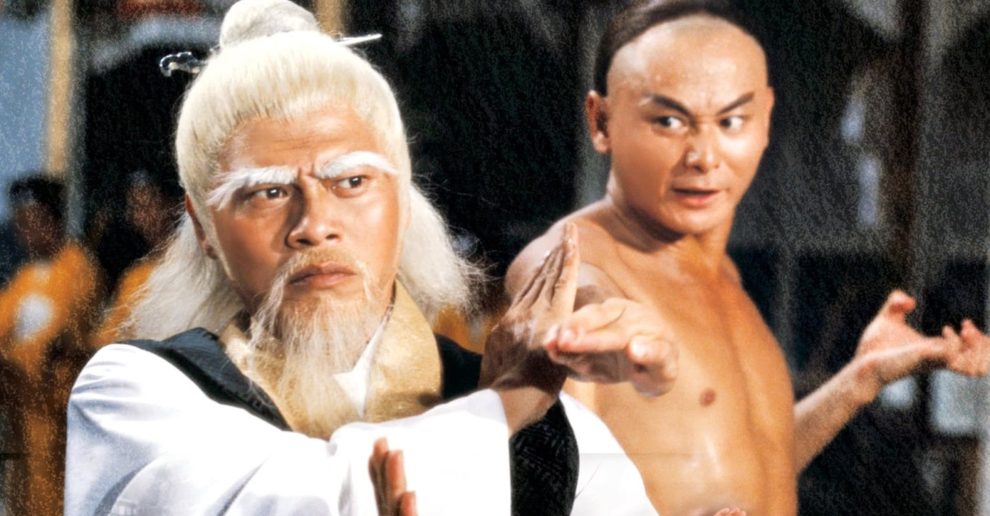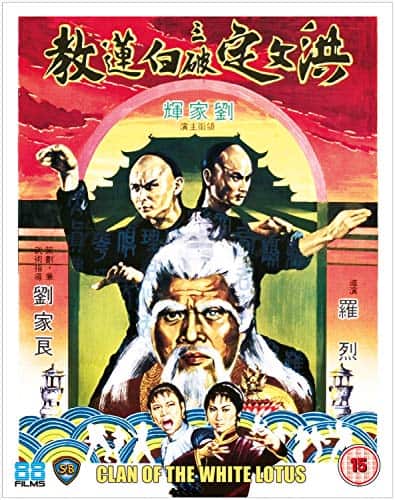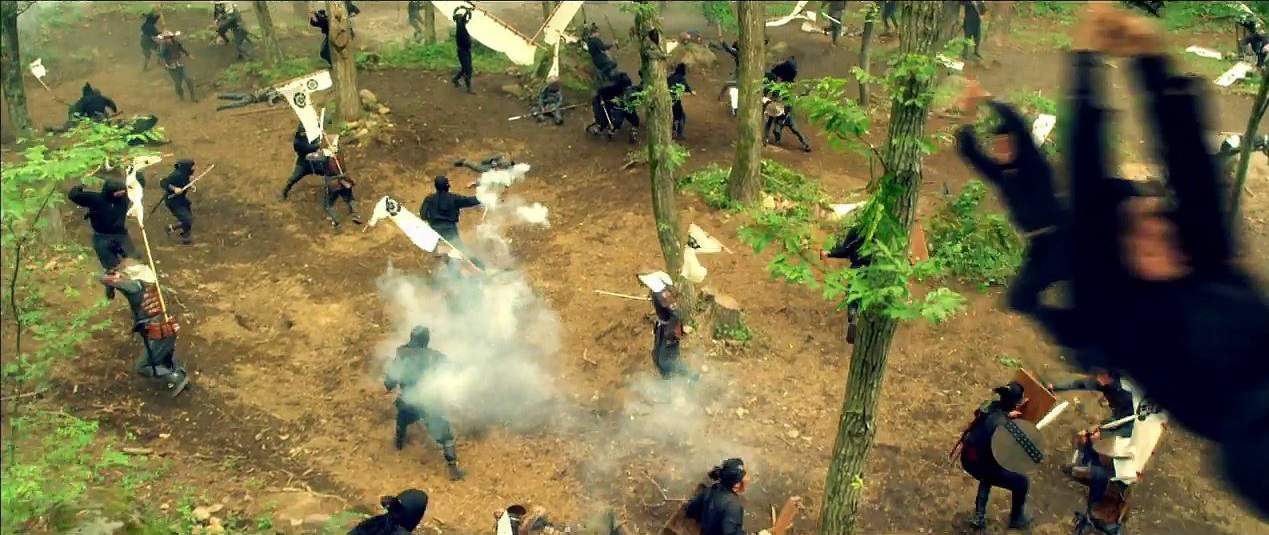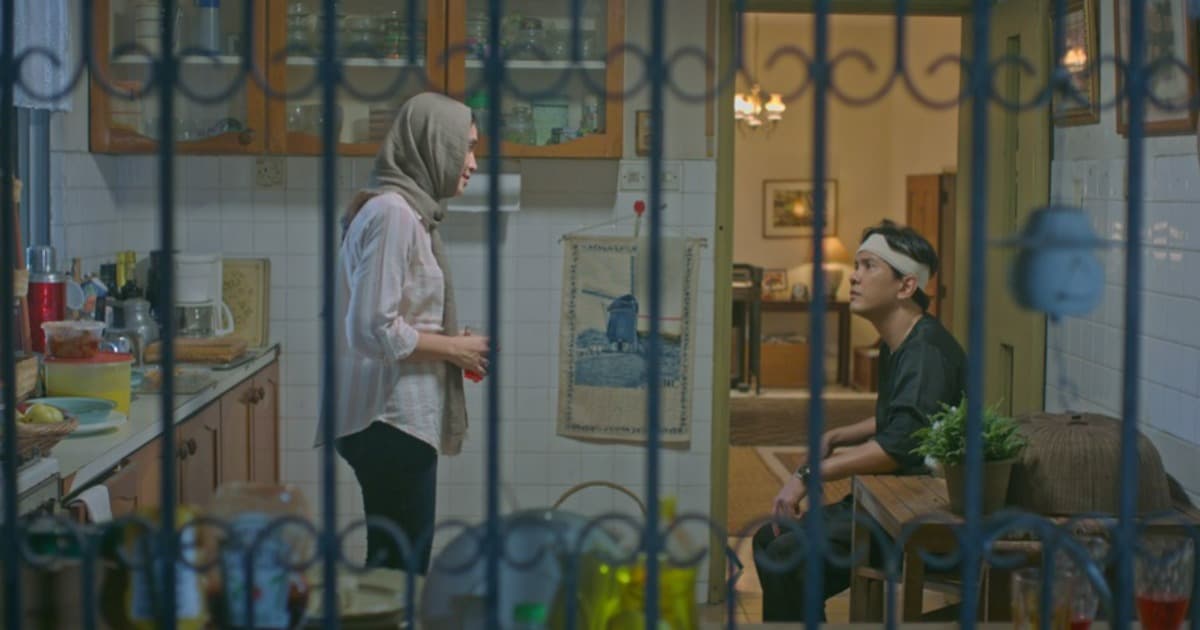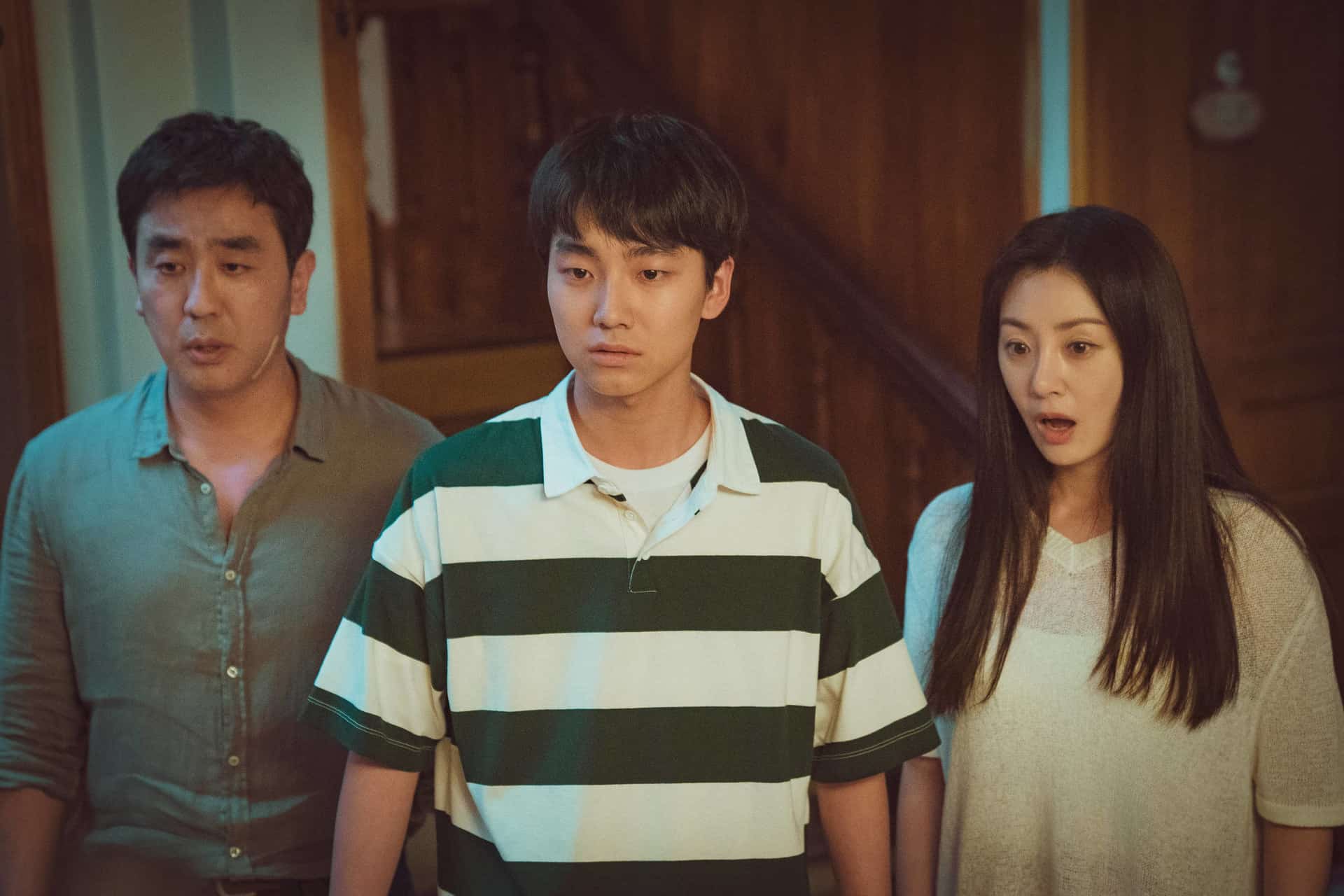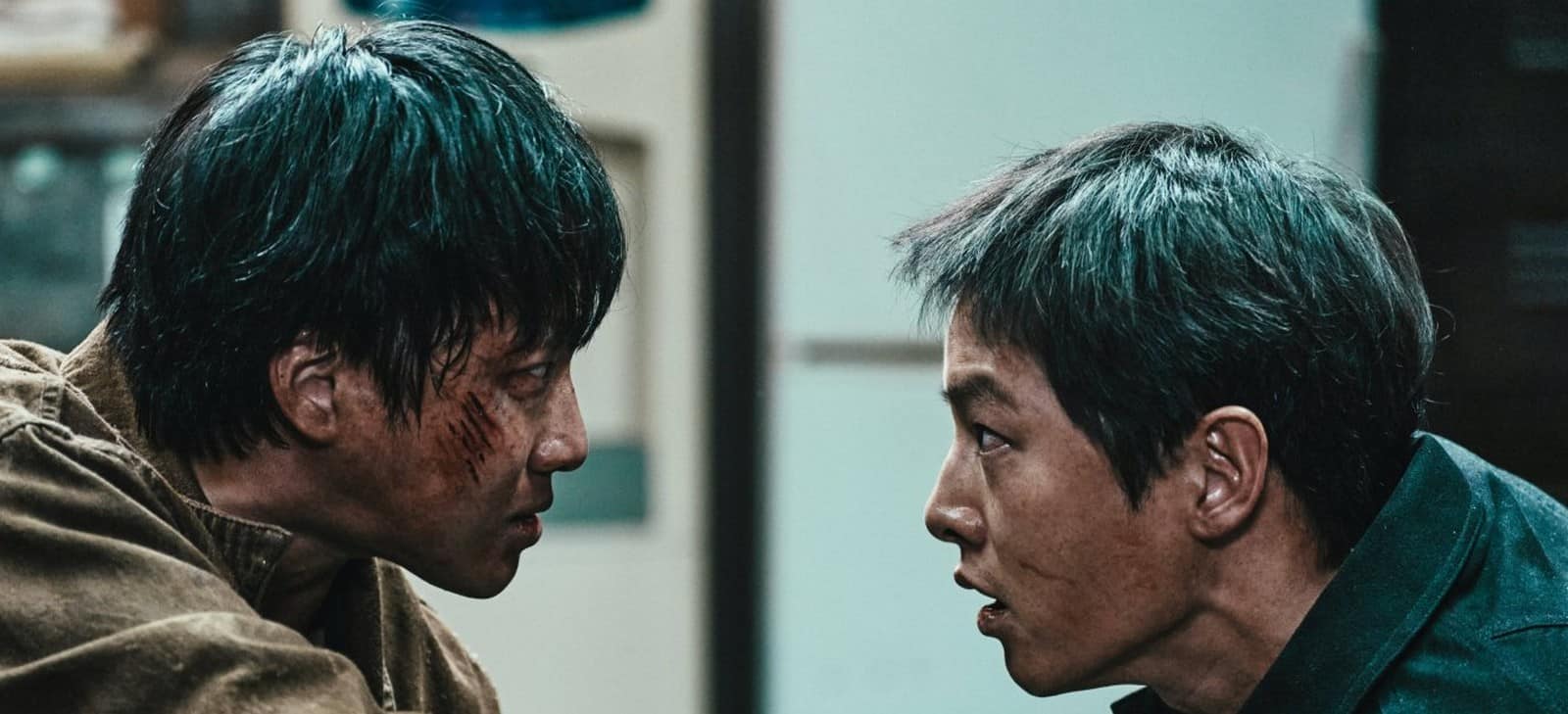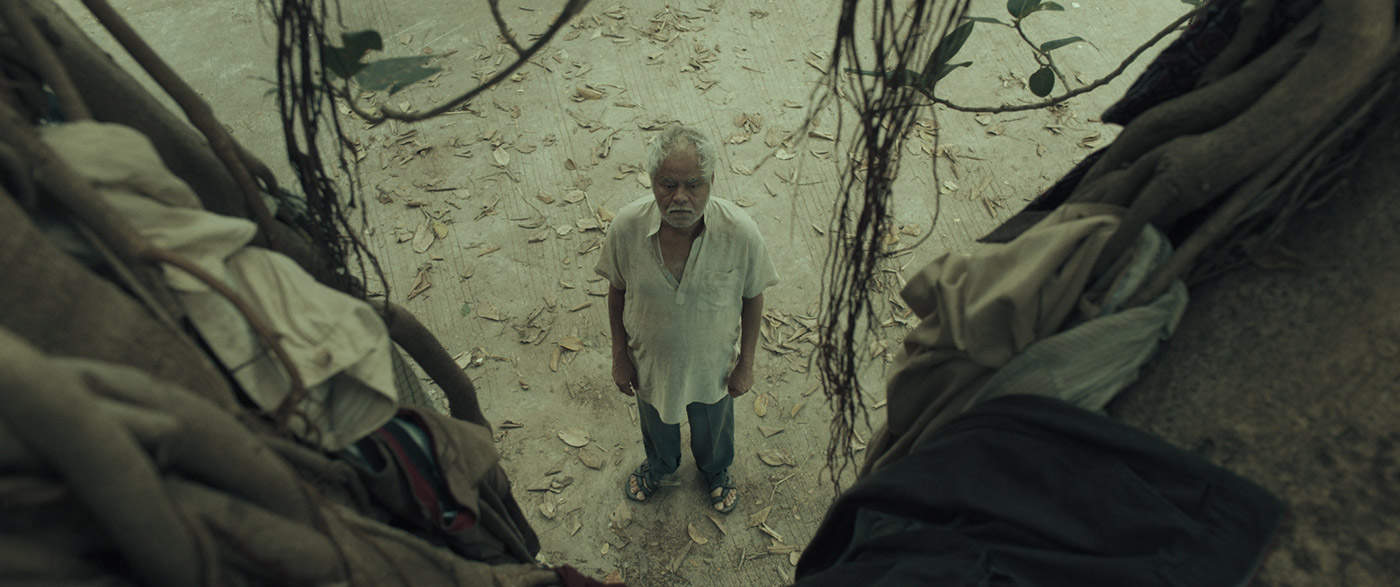Although it should probably be the heroes that gain the audience's favor, there are a few notable exceptions when a villain was so memorable, his or her appeal along generated enough interest to produce a sequel or, at the very last, a very loyal fan cult. One of those characters is Pai Mei, played by actor-director Lo Lieh, who was one of the main reasons for the commercial success of “Executioners from Shaolin”, making the producers at Shaw Brothers studios regret they killed him off in that feature. However, it was eventually decided to create a follow-up, this time with the brother of Pai Mei, White Lotus, avenging the death of his sibling and exterminating any remains of the Shaolin order, once and for all. In order to convince Lo Lieh to take what was essentially the same role one more time, he was also in charge of directing the movie, with experienced choreographer Lau Kar Leung responsible for the action scenes.
Buy This Title
on Amazon
As mentioned before, Pai Mai, a Taoist master, has been defeated by Man Ting Hung (Gordon Liu) and his brother-in-law Wu Ah Biu (King Chu Lee), who combined their fighting techniques to win the battle and kill their enemy. However, after a while, with the temple of the Shaolin destroyed and many of their disciples, including Biu, in prison, their former enemy reappears, this time backed by a decree of the emperor on the fate of revolutionary elements such as the Shaolin order. White Locus (Lo Lieh), brother of Pai Mei, takes the opportunity to exercise his revenge, by killing Biu in an ambush as well as Hung's sister-in-law, with all of them being unable to stop the seemingly unbeatable master of martial arts.
Through sheer luck, Hung manages to escape with his sister, who is pregnant with Biu's and her baby. Taking refuge with a distant relative who works in a factory manufacturing paper dolls and other wares, the young man starts planning a counter-attack, with very little success, as even the combination of his and the technique of his deceased relative does not work against White Locus. In order to have a chance against the deadly fighting style of his opponent, he realizes he must think of alternatives, mend his ways and learn more, and come up with a new method to use in battle.
Whereas his first attempt at directing was not met with a lot of enthusiasm, the same cannot be said for Lo Lieh's work in “Clan of the White Locus”. Although its structure is a bit repetitive, there is a certain method at work, with Gordon Lau's character not only learning to expand his knowledge on fighting and technique, but also allowing others to mend his ways or in a way be more humble and less rash in his decisions. The drama of finding the confidence and being beaten time and time again, is highlighted through aspects such as Eddie Wang's captivating score, but, most importantly, the performances, with Gordon Lau and Lo Lieh playing opposing characters, and especially the latter having obviously a lot of fun playing someone whose features have now become part of pop culture thanks to Quentin Tarantino's “Kill Bill Vol. 2”.
Apart from the acting and the direction, there is, of course, the action. Among the many projects produced by Shaw Brothers, “Clan of the White Locus” is certainly famous for its fight scenes. While there is a distinct amount of goofiness involved, especially in the training exercises of Gordon Lau's characters who see him learning “women kung fu” and the art of acupuncture, aspects such as fluidity and expression are equally important, turning each of the confrontations between Hung and White Lotus in a mini-drama all on its own.
In conclusion, “Clan of the White Locus” is an entertaining martial-arts-feature, with some of the best people of the genre behind and in front of the camera. Lo Lieh's movie is a representation of the kind of cinema Shaw Brothers became famous for, and a reason why their many movies have become part of pop culture.


